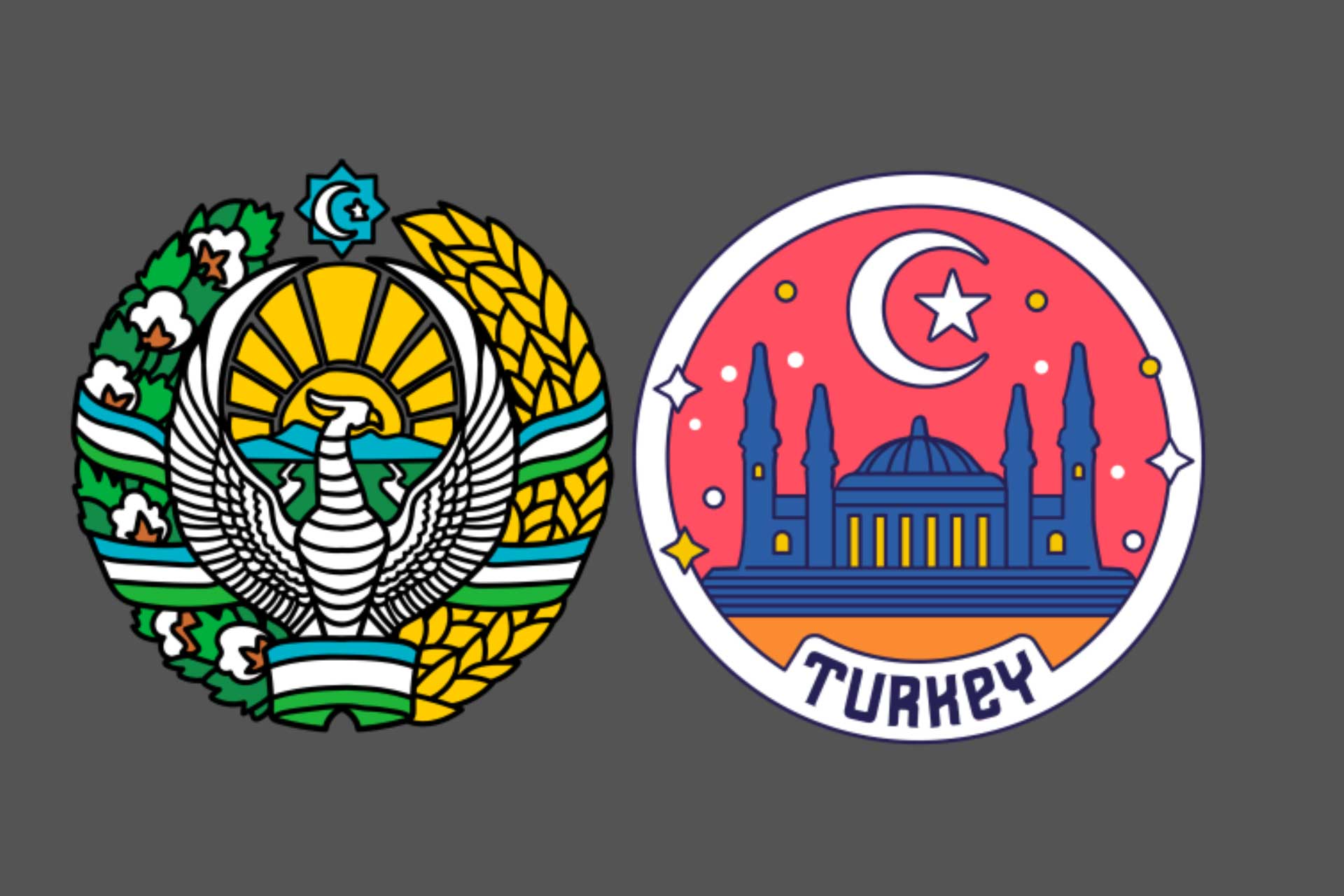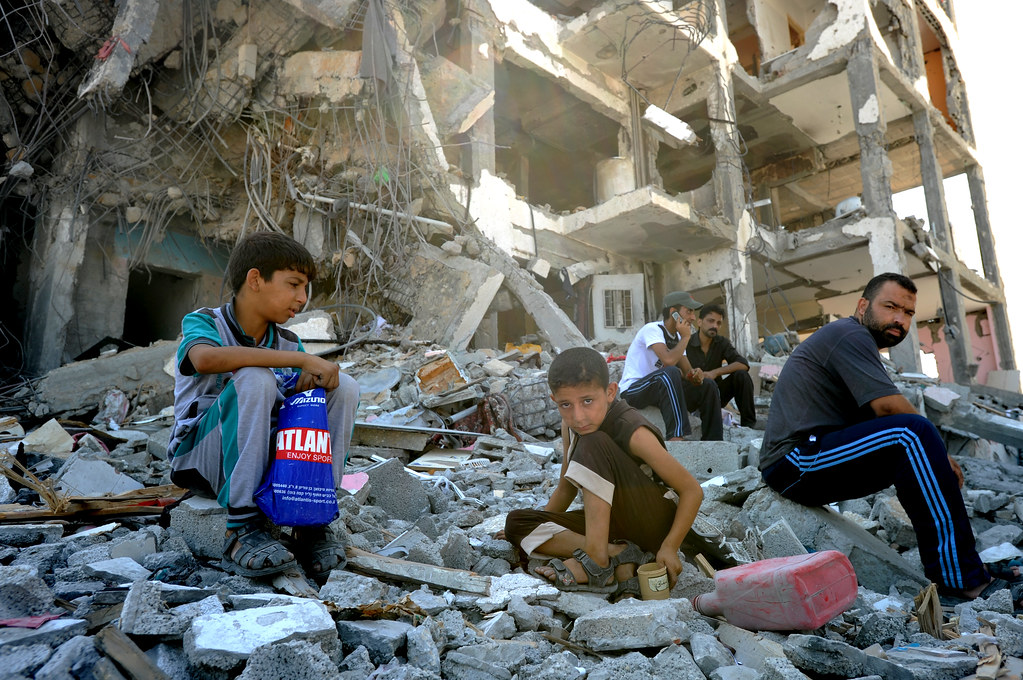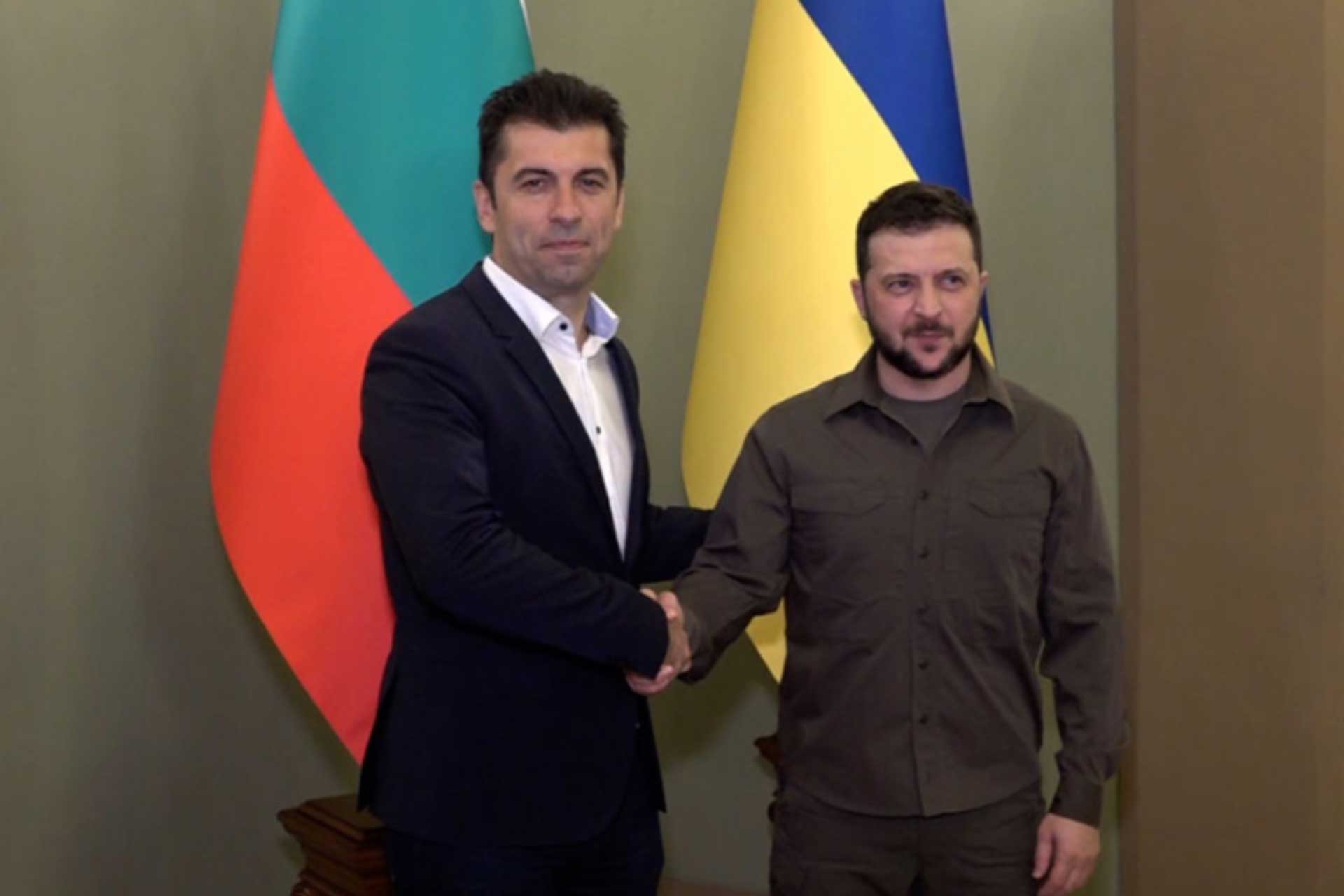Türkiye’s Moves in Central Asia: Our Relations with Uzbekistan
In 2020, just a few weeks before the COVID-19 virus hit Türkiye, my cousin and I were on our way to Rome, but with a sudden change of, we found ourselves in the historic streets of Bukhara, which embraced us with its unique history. It might have been one of the best decisions I ever made in my life, because I fell in love with this Central Asian country and its history. This is where my love for Uzbekistan and my curiosity for the country comes from. I hope I can see that beautiful land again one day. In this article, I will tell you about the current Türkiye-Uzbekistan relations, our country’s investments in Uzbekistan and the current course of relations, along with the important details I saw during that period.
Registan Square
Current Turkish-Uzbek Relations
Türkiye recognized Uzbekistan on December 16, 1991 and was the first country to recognize their independence. Türkiye was also the first country to open an embassy in Uzbekistan. Mirziyoyev’s reforms since 2016 have increased mutual ties and the course of the two countries’ diplomatic relations has continued to increase, and an agreement was reached in 2018 to establish the High-Level Strategic Cooperation (HLSC). It is also worth noting that since 2016, the two countries have continuously exchanged delegation visits[1]. Most recently, President Erdoğan visited Uzbekistan in March this year on the occasion of the second meeting of the NDSC. At this meeting, important decisions were taken, especially in economic terms. To quote what President Erdogan said:
“Our trade volume exceeded 3.6 billion dollars last year with an increase of nearly 72 percent. As soon as possible – we set a target of one year – we will reach the target of 5 billion dollars. Then we will not stop there, we will raise the bar to 10 billion dollars with the joint steps we will take later.” [2]
It is worth noting that 10 agreements ranging from defense industry to economy were signed during this visit. The common concerns of the two countries actually paved the way for the signing of these agreements. The two most important concerns are Putin’s war and the ability of the Taliban government in Afghanistan to achieve political and economic stability. It is safe to say that the two countries have been conducting joint diplomatic efforts on Afghanistan.[3]
AA
Tashkent and Turkish Investments
The capital of Uzbekistan is Tashkent, located right next to the border with Kazakhstan. It is possible to see the influence of Soviet architecture in the old districts of this city, which can be reached in 5 hours with the direct flight of Turkish Airlines. However, when we go to the new neighborhoods of the city, we are greeted by a completely different city; huge boulevards, ultra-luxury hotels and construction works started by Turkish construction companies. Uzbekistan is a developing country and construction is very important especially in Tashkent. It is possible to say that Turkish companies are also providing this transformation in the city. In fact, a Turkish company will build the tallest skyscraper in Central Asia.
It is important to note that 407 companies with Turkish capital opened in Uzbekistan in 2021, and Türkiye ranked first in this field. In addition, with 2,123 companies, Türkiye is the third country with the most companies in Uzbekistan after Russia and China.[4]
AA
Risks, Visits and Relationships
With a population of over 30 million, Uzbekistan is the country with the largest population in the region. At the same time, its strategic location increases the importance of this country. When we analyze the relations between Türkiye and Uzbekistan, we come across common concerns and common goals. In this sense, our economic, military and diplomatic relations in Uzbekistan, which is the closest country to Türkiye in the region, should continue to increase. Politically, due to Uzbekistan’s stable environment, Türkiye does not see any risk in the continuation of bilateral relations. Although the President visited Uzbekistan in March 2022, a meeting of the Shanghai Cooperation Organization will be held soon. We will see the participation of President Erdoğan in this meeting. Although this visit is likely to take place on the occasion of the Organization’s meeting, since it is on Uzbek soil and Mirziyoyev will be attending the meeting, the two leaders will meet again. I expect the diplomatic and trade relations to be further enhanced by this visit and at the same time cultural relations will be much more emphasized.
Muhammed F. Cetinkaya
Graduate student- Boston University Pardee School of Global Studies
[1] Türkiye – Uzbekistan Political Relations / Turkish Ministry of Foreign Affairs. (n.d.). Retrieved September 3, 2022, from https://www.mfa.gov.tr/turkiye-ozbekistan-cumhuriyeti-siyasi-iliskileri.tr.mfa
[2] Cumhurbaskanligi@tccb.gov.tr. (n.d.). “With the Joint Steps We Will Take, We Will Increase Our Trade Volume with Uzbekistan to 10 Billion Dollars”. Home Page. Retrieved September 3, 2022, from https://www.tccb.gov.tr/haberler/410/136309/-atacagimiz-ortak-adimlarla-ozbekistan-la-ticaret-hacmimizi-10-milyar-dolar-seviyesine-cikaracagiz-
[3] Topsakal, İ., Kutluk Kagan Sümer Istanbul UniversityPresident Recep Tayyip Erdoğan, & Yaşar SarıHaydar Aliyev Eurasian Studies Application and Research Center. (1970, March 30). Experts Answer: President Erdogan’s Visit to Uzbekistan, Bilateral Relations and Regional Implications. SETA. Retrieved September 3, 2022, from https://www.setav.org/uzmanlar-cevapliyor-cumhurbaskani-erdoganin-ozbekistan-ziyareti-ikili-iliskiler-ve-bolgesel-etkileri/
[4] Ibid.




Comments